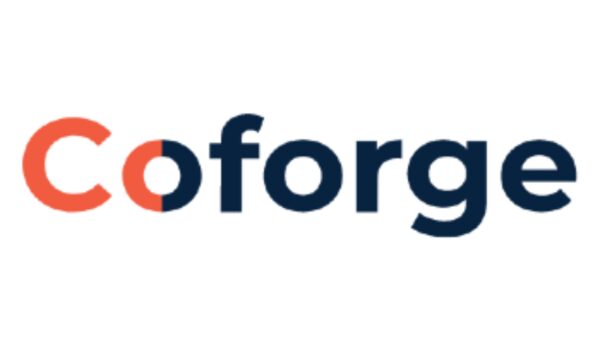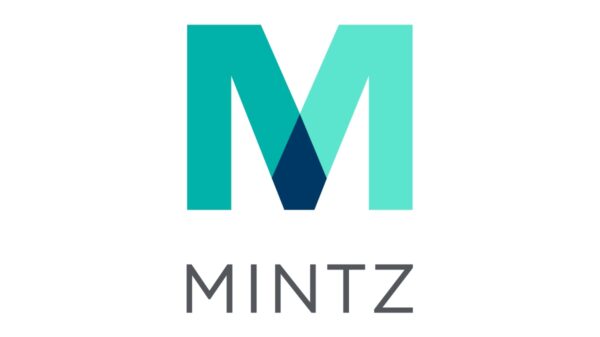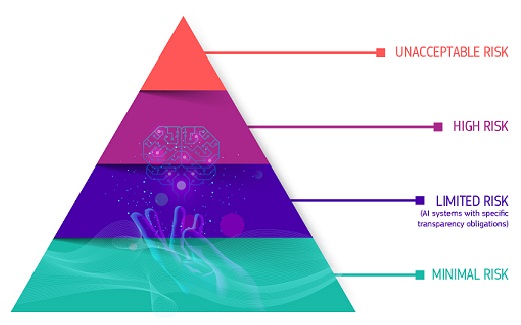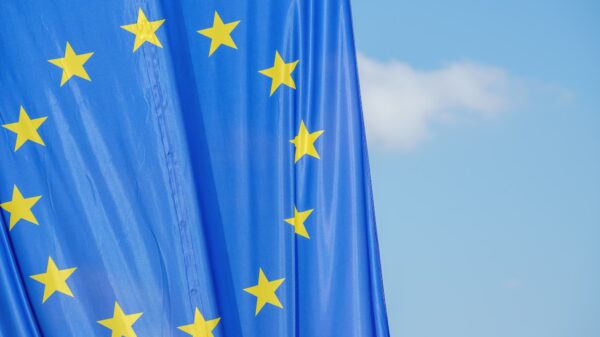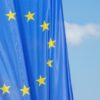The European Economic Area (EEA), which includes member states of the European Union, has become embroiled in a legal framework that has led to restricted access for certain users attempting to visit various websites. Notably, one such site has issued a statement indicating that access cannot be granted to users located within this region due to compliance with the General Data Protection Regulation (GDPR). This regulation, which has been in effect since May 2018, aims to enhance user privacy and control over personal data in the digital space.
As internet usage continues to expand globally, the implications of GDPR have been significant for companies operating online. With strict guidelines on data collection, storage, and usage, businesses are often required to implement comprehensive measures to protect user data. For some, this has led to the implementation of geo-blocking technologies to ensure compliance, effectively restricting access for users in the EEA. The recent notification from the aforementioned website underscores the ongoing challenges faced by companies trying to balance compliance with user engagement.
This legal framework has triggered widespread discussions across the tech industry regarding its impact on digital accessibility. The necessity for businesses to operate within the confines of GDPR has presented hurdles, as users in the EEA find themselves unable to access certain content, which can lead to frustration and potential loss of customer loyalty. In this case, the website instructed users to reach out via email or phone for any issues, highlighting the complexities of navigating legal requirements while maintaining user support.
In light of these developments, many experts are evaluating the long-term effects of GDPR on global internet practices. The regulation is often viewed as a double-edged sword; while it provides enhanced protection for users, it also imposes significant operational burdens on companies that must adapt their practices to ensure compliance. As digital landscapes evolve, the dialogue surrounding such regulations will likely continue to shape the ways in which businesses engage with users across varying jurisdictions.
Looking ahead, the ongoing enforcement of GDPR and similar regulations may prompt further discussions on the need for a balanced approach to user privacy and accessibility. As the digital economy grows, stakeholders across various sectors will need to consider innovative solutions that both comply with legal standards and provide seamless user experiences. This evolving landscape will undoubtedly warrant close monitoring as companies navigate the complexities of regulation in an increasingly interconnected world.
 Mitsotakis Signs AI Cooperation Agreement with Mistral AI to Boost Greek Tech Ecosystem
Mitsotakis Signs AI Cooperation Agreement with Mistral AI to Boost Greek Tech Ecosystem Penn State’s NaviSense App Empowers Visually Impaired with Real-Time Object Navigation
Penn State’s NaviSense App Empowers Visually Impaired with Real-Time Object Navigation Nvidia Accused of Misappropriating Avian AI Software Worth $1.5 Billion in Lawsuit
Nvidia Accused of Misappropriating Avian AI Software Worth $1.5 Billion in Lawsuit Trump Launches “Genesis Mission” to Accelerate Scientific Discovery with AI-Powered Supercomputing
Trump Launches “Genesis Mission” to Accelerate Scientific Discovery with AI-Powered Supercomputing Small Businesses Embrace Answer Engine Optimization to Thrive in AI Search Era
Small Businesses Embrace Answer Engine Optimization to Thrive in AI Search Era


















